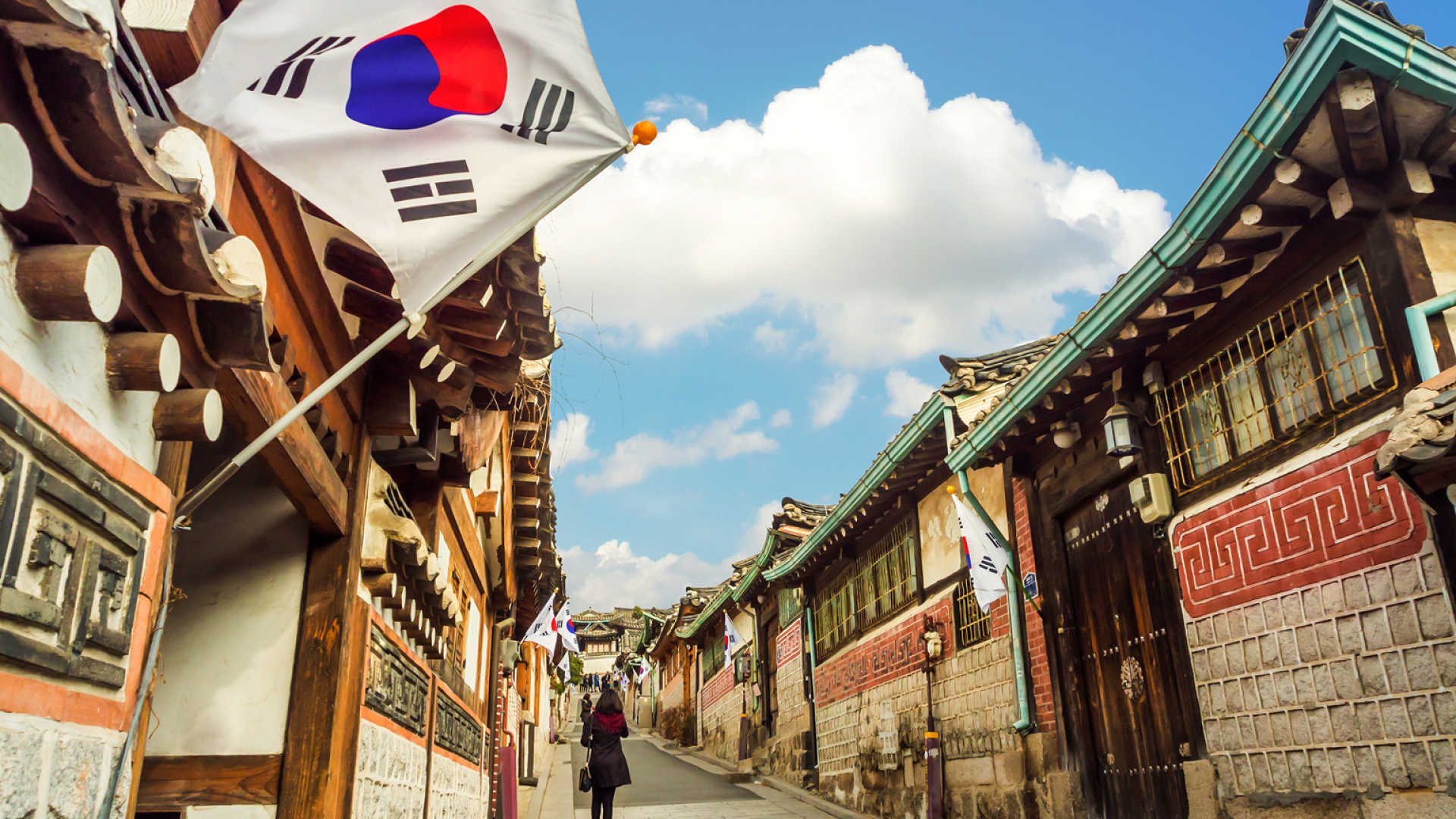2018-7-27 21:55 |
KYC/AML Is a Bigger Scam Than Any Crypto Venture: Here’s Why
It is definitely no secret that many new crypto ventures are later exposed to be scams, meant to make technological enthusiasts money before anyone notices. In fact, the crypto industry is fairly popular for that fact. Even with legitimate scams, the idea that any investment that goes into it will be as successful as Bitcoin or Ripple is almost foolish. Despite this performance, consumers may be surprised to learn about the know-your-customer (KYC) and anti-money-laundering (AML) practices required in many startups.
These two protocols alone have hemorrhaged billions more than every single ICO scam put together, and many experts believe that it has all been for naught. What they have basically made is a global surveillance system that keeps people in poverty, reduces competition, and keeps the cryptocurrency and financial industries from making strides that they are meant for.
ExclusionTo understand the damage that these practices are causing, consumers first have to look back on the history of the U.S. and its relationship with money. In 1970, the Bank Secrecy Act was passed, which basically made the financial industry into another police force. Any person that would try to break into the industry after that had to over regulate and hover over the activity that their customers would participate in. Any “suspicious activity” would have to be reported, and access to funds would basically keep out customers they did not want to work with.
Even though this compliance was meant for better security, the cost to financial institutions and funds now has reached billions yearly, which is sadly only a fraction of its effect. The United States has gone as far as to encourage other countries to take on the same regulations, much like their efforts in the war on drugs. Many countries have followed along, even if they initially disagreed with KYC/AML regulations. It has essentially created a quiet but worldwide Big Brother surveillance group.
Other than the privacy issues, the policies actually create a substantial barrier in the financial system, stopping many groups from gaining access. Among these groups are immigrants, lower-class families, and anyone that does not have a government ID that is proclaimed “worthy” by their banks. These disqualifications leave over 10 million people unbanked, and the numbers are even higher in the UK. However, third-world countries and other developing areas have it the world.
Whole countries suffer from prejudice of the financial system and are not even able to access payments throughout the world. Even though the Pacific, Africa, and the Caribbean have had many advancements, but they still are locked out. One whole country – Somalia – has been so blocked out of bank remittance services that the United States let it begin to starve, excusing themselves due to “high risk.”
The biggest issue with KYC/AML is that these efforts basically keep things from happening, but it is impossible to measure the effect. There is no way to see how many products and solutions never were, due to “suspicious” activity, which is something the cryptocurrency industry is highly familiar with.
Benefits To CostIn order to say that there is some realistic purpose for KYC/AML protocols, many governments decide to scare consumers into believing there are many more threats if they are concerned about the process. They frighten consumers and constituents, saying there are drug barons, terrorists, dictators, and other threatening people that would make the financial industry suffer. The government has even paid for and sponsored studies in support of these claims. However, one question that investors never consider is asking what cost there is to the rest of the public for this “protection.”
The question, rather than considering how much it costs in the long run, is if it is worth what the industry has to give up. Consumers have to consider if these protocols are worth starving families in underprivileged countries, or still risking attacks from hackers around the world. If it is not worth everything it takes away, then the whole world is living in an unstoppable tragedy.
origin »Bitcoin price in Telegram @btc_price_every_hour
Emerald Crypto (EMD) на Currencies.ru
|
|




























